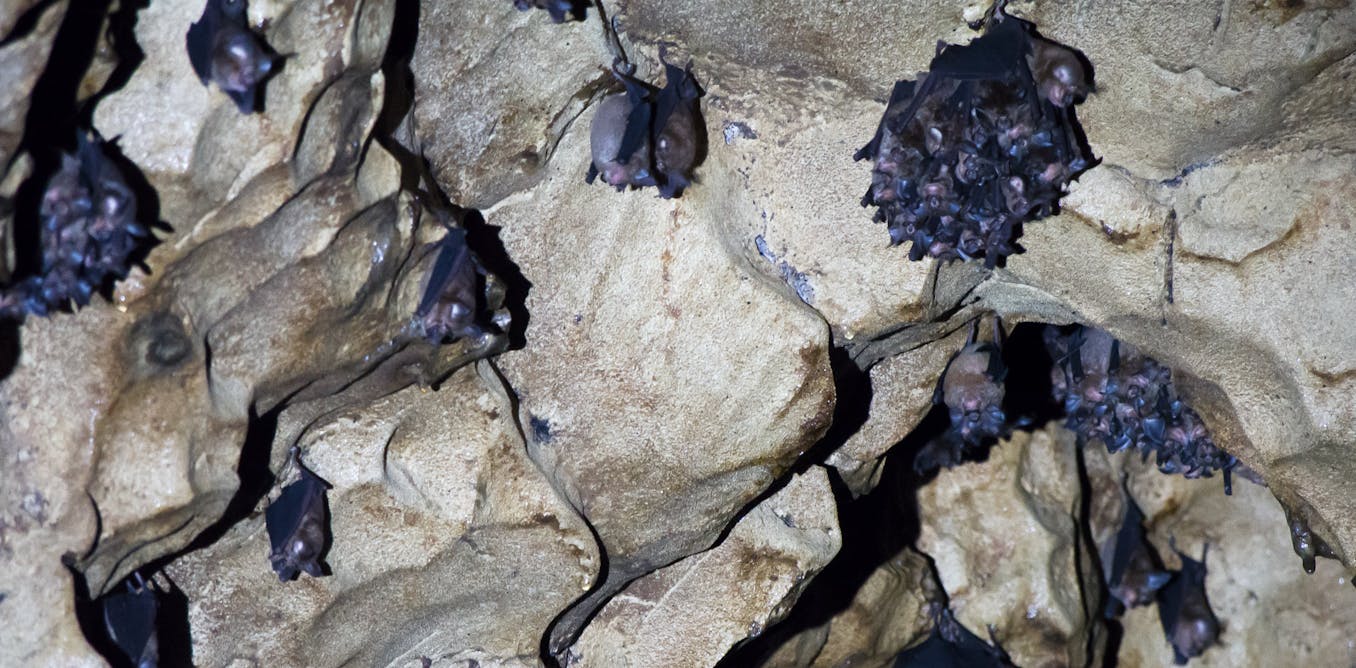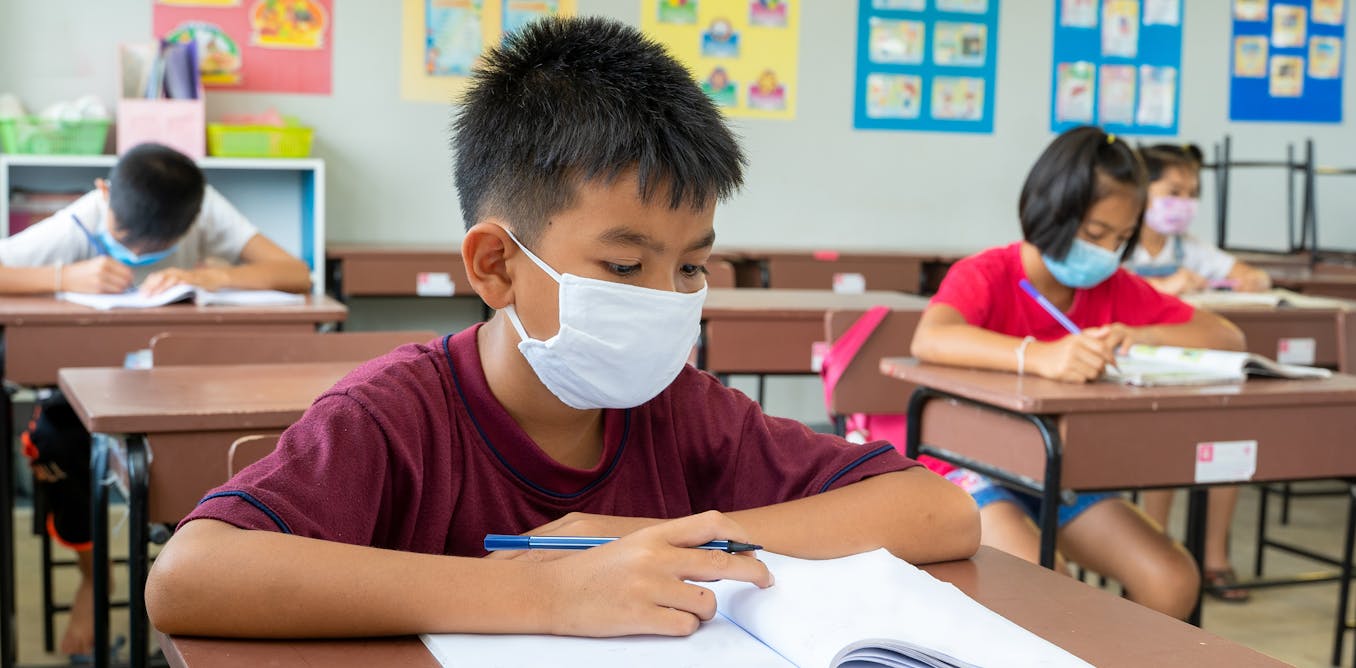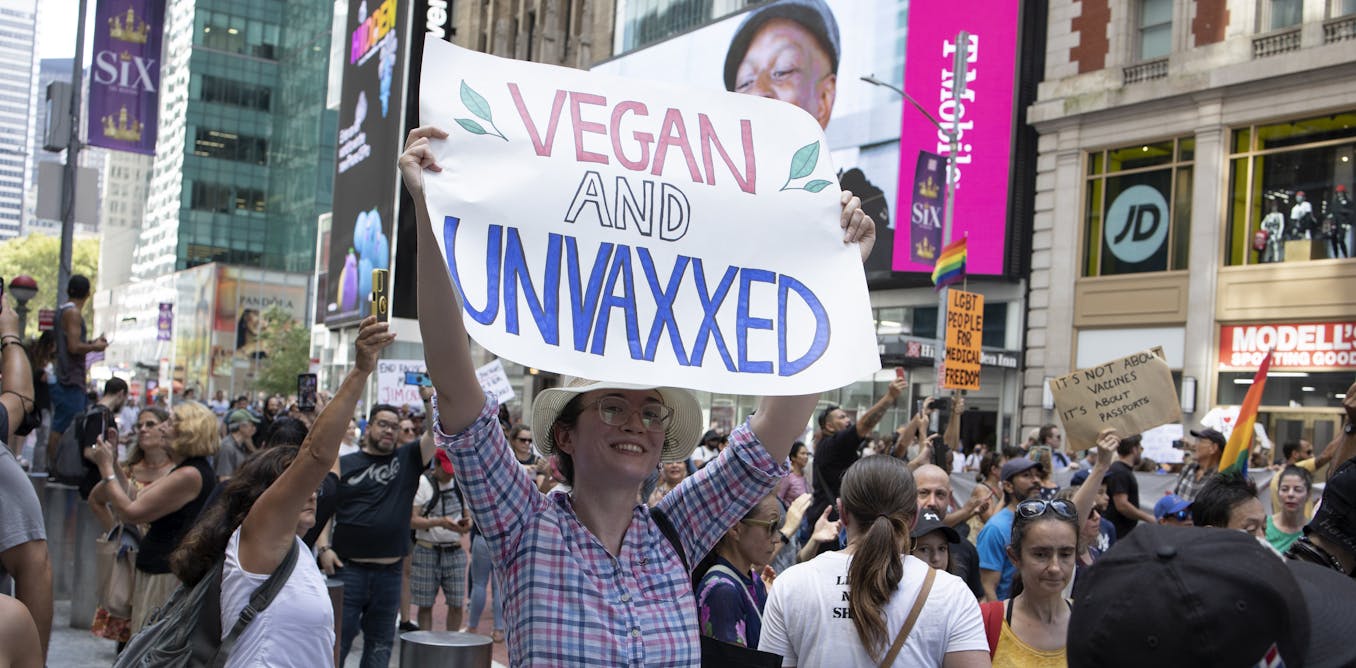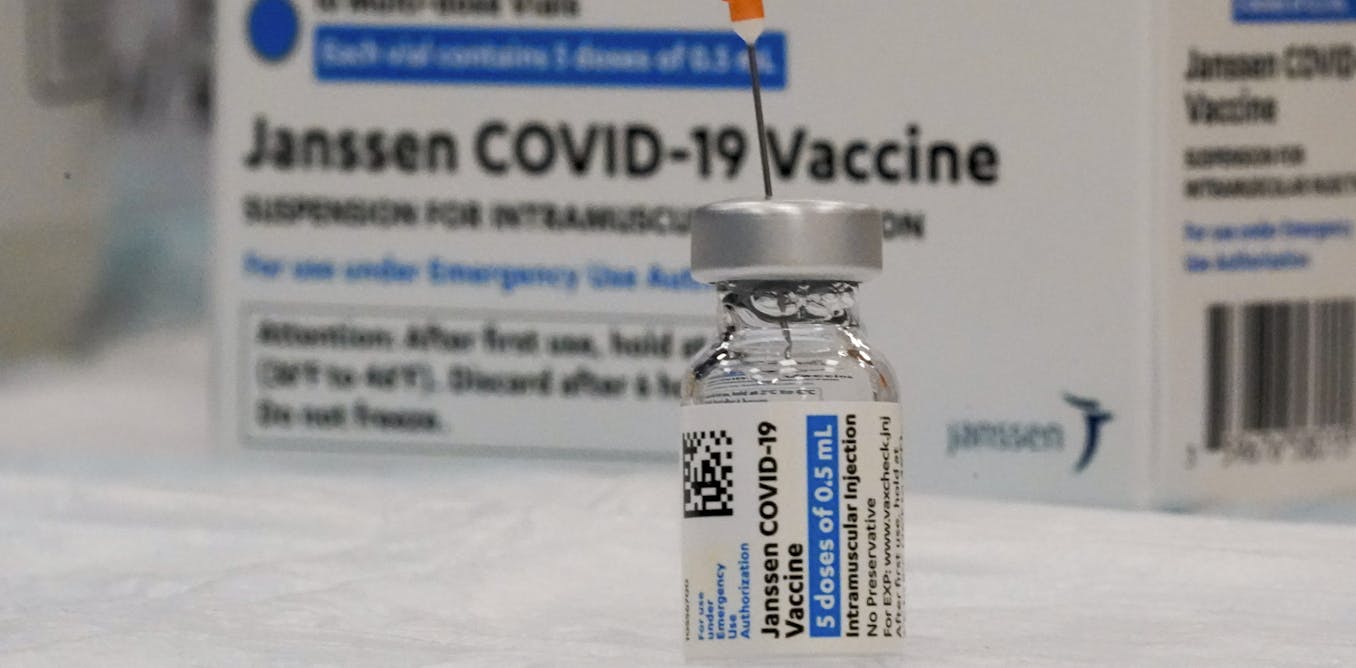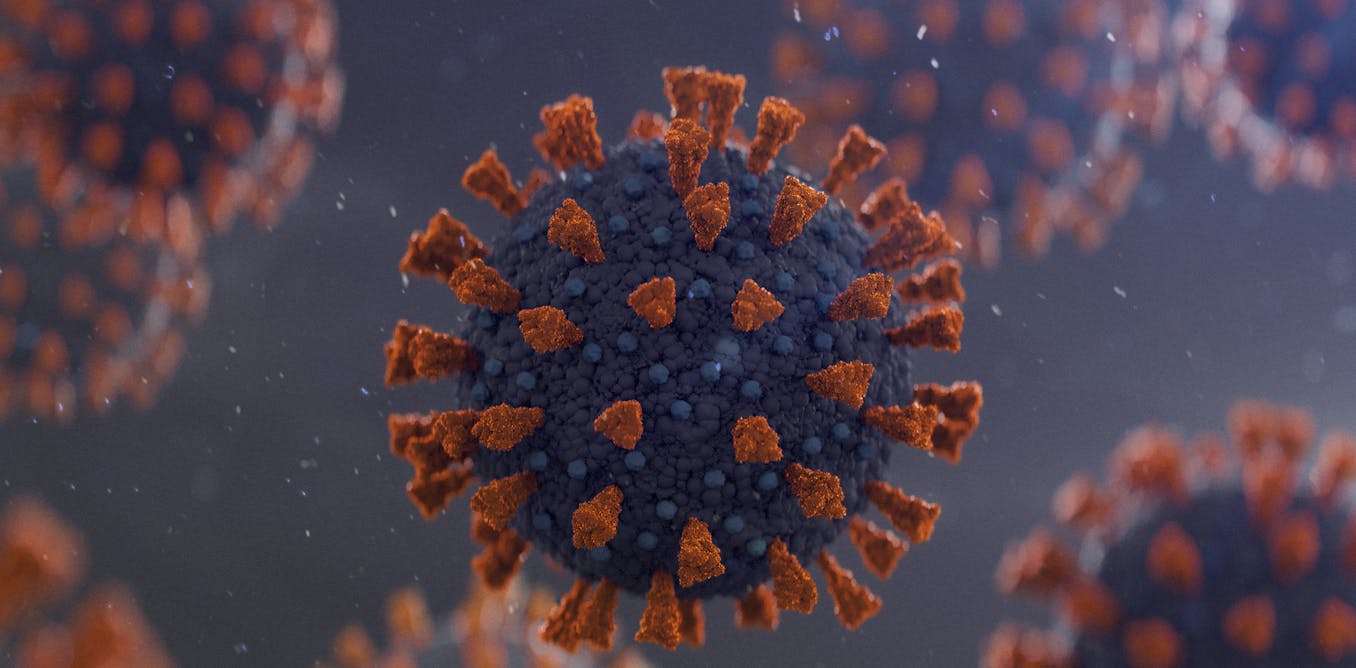Preventing future pandemics starts with recognizing links between human and animal health
How can nations prevent more pandemics like COVID-19? One priority is reducing the risk of diseases’ jumping from animals to humans. And that means understanding how human actions fuel that risk.
Nov. 3, 2021 • ~9 min

